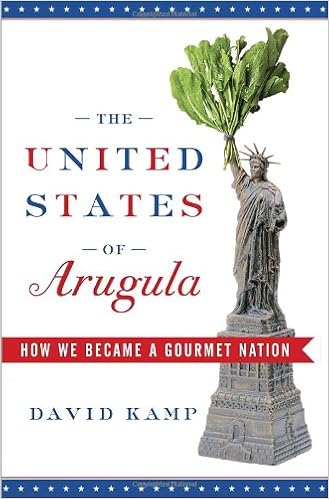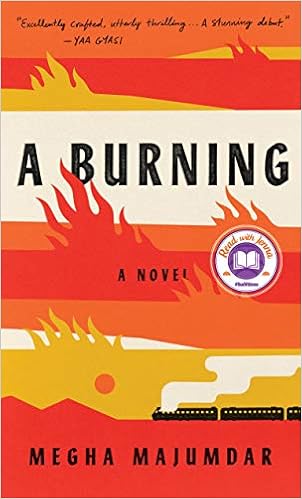2020 was trying and books came to the rescue more than ever. Here are my top ten for the year:
Eat the Buddha: Life and Death in a Tibetan Town by Barbara Demick
To the Lake: A Balkan Journey of War and Peace by Kapka Kassabova
Street Without a Name: Childhood and Other Misadventures in Bulgaria by Kapka Kassabova
Interior Chinatown by Charles Yu
Nights When Nothing Happened by Simon Han
A Burning by Megha Majumdar
The Book of Rosy: A Mother’s Story of Separation at the Border by Rosayra Pablo Cruz and Julie Schwietert Collazo
A Promised Land by Barack Obama
Wintering: The Power of Rest and Retreat in Difficult Times by Katherine May
The Undocumented Americans by Karla Cornejo Villavicencio






























